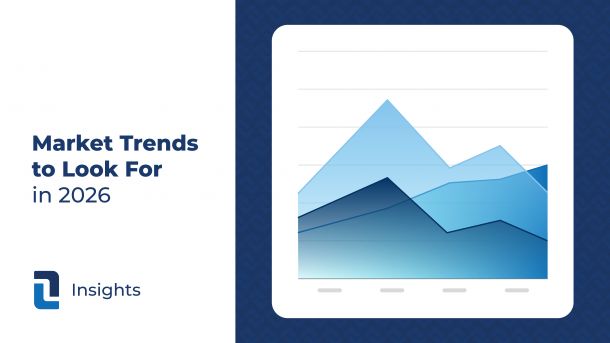Taxes are an inevitable part of economic life. From income taxes to sales taxes, these financial obligations are generally clear and quantifiable, an explicit liability that citizens have to their governments. However, there’s another, somewhat invisible form of taxation that affects everyone, yet it’s rarely the topic of dinner table conversations – inflation. Inflation, the general increase in prices and fall in the purchasing value of money, subtly reduces the purchasing power of your income and savings, acting like a ‘hidden tax.’ But how exactly is inflation similar to taxation? Let’s unravel this economic mystery.
-
Reducing Purchasing Power
Like taxes, inflation erodes the value of money. When inflation is high, the prices of goods and services rise, making the purchasing power of money lower. This means that you can buy less with the same amount of money. For example, if the inflation rate is 2%, a loaf of bread that costs $1 today will cost $1.02 next year. So, in essence, the value of your money is ‘taxed’ away by rising prices. -
Impacting Savings
Inflation particularly affects savers. The real value of money saved or invested diminishes over time due to the rising cost of goods and services. This reduction is similar to a tax on your savings. If your savings don’t grow at a rate at least equal to inflation, you are effectively losing money, as the future purchasing power of your savings is diminished. At LendLogic, we understand how crucial it is to protect your savings and investments from inflation’s effects, which is why we offer financial products tailored to help you maintain and grow your wealth. -
Government Debt Benefits
Governments sometimes benefit from moderate inflation. If a government has a lot of debt, inflation can help reduce the real value of that debt. In this way, the debt becomes easier to manage and pay off. From this perspective, inflation acts as a sort of ‘tax’ that helps the government manage its obligations, albeit indirectly. -
Influence on Investment Decisions
Inflation can also influence investment decisions. To protect their money from the eroding effects of inflation, people might be more inclined to invest in assets that are expected to appreciate in value over time, such as real estate or stocks. In a way, inflation ‘forces’ citizens to make certain investment decisions to avoid losing money, which could be compared to the coercive nature of taxation. LendLogic offers a range of mortgage options and financial advice to help you navigate these decisions and safeguard your financial future.
Inflation is, in many ways, a subtle form of taxation. It silently reduces the purchasing power of money, making it a powerful, yet unnoticeable, economic force. While not a tax in the traditional sense, its impact mirrors the effects of taxation by redistributing wealth, influencing investment decisions, and affecting government debt. Being aware of this ‘invisible tax’ is crucial for effective personal financial planning and for understanding the broader economic landscape. At LendLogic, we’re here to help you navigate these challenges and make informed decisions that protect and grow your financial well-being.
Related Articles
Your goals matter. Let us help you find your path home.
Upload your documents or connect with a LendLogic loan officer today to get a personalized quote and start your journey.




